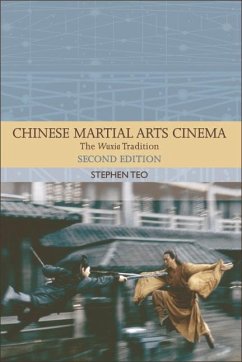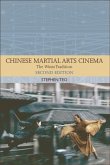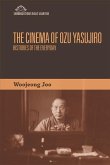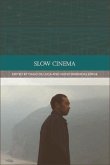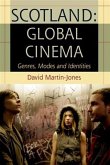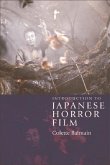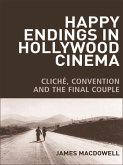This is the first comprehensive, fully-researched account of the historical and contemporary development of the traditional martial arts genre in the Chinese cinema known as wuxia (literal translation: martial chivalry) - a genre which audiences around the world became familiar with through the phenomenal 'crossover' hit Crouching Tiger, Hidden Dragon (2000). The book unveils rich layers of the wuxia tradition as it developed in the early Shanghai cinema in the late 1920s, and from the 1950s onwards, in the Hong Kong and Taiwan film industries. Key attractions of the book are analyses of:*The history of the tradition as it began in the Shanghai cinema, its rise and popularity as a serialized form in the silent cinema of the late 1920s, and its eventual prohibition by the government in 1931.*The fantastic characteristics of the genre, their relationship with folklore, myth and religion, and their similarities and differences with the kung fu sub-genre of martial arts cinema.*The protagonists and heroes of the genre, in particular the figure of the female knight-errant.*The chief personalities and masterpieces of the genre - directors such as King Hu, Chu Yuan, Zhang Che, Ang Lee, Zhang Yimou, and films such as Come Drink With Me (1966), The One-Armed Swordsman (1967), A Touch of Zen (1970-71), Hero (2002), House of Flying Daggers (2004), and Curse of the Golden Flower (2006).
Dieser Download kann aus rechtlichen Gründen nur mit Rechnungsadresse in A, B, BG, CY, CZ, D, DK, EW, E, FIN, F, GR, HR, H, IRL, I, LT, L, LR, M, NL, PL, P, R, S, SLO, SK ausgeliefert werden.

